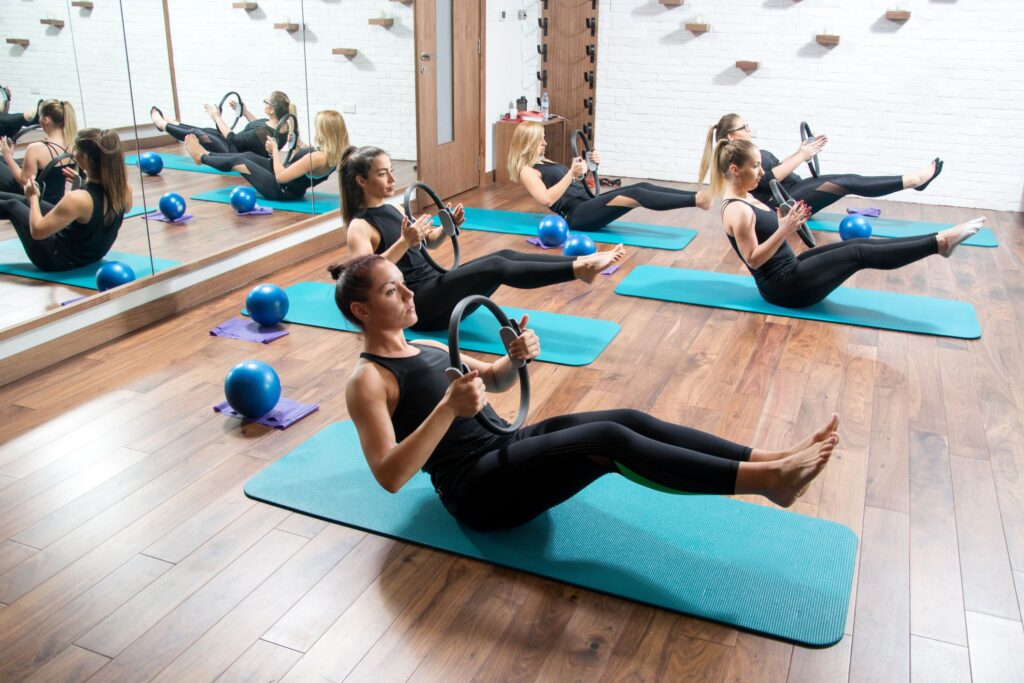9 in 10 Britons say fitness classes and gym routines combat post-Covid anxiety and loneliness

New research has revealed how sociable, interactive group fitness classes are helping the UK overcome anxiety and focus on getting ‘back to normal’ on the back of the two year pandemic and lockdowns. 94% of UK respondents said that since the pandemic, exercise has helped reduce loneliness, improved mental health, increased feelings of calm, helped people to feel energized, and connected them to communities and friends, among other positive benefits.
Better, the UK’s leading leisure operator, released its top 10 most popular fitness classes, and revealed that attendance levels have returned to normal when compared to pre-pandemic numbers, as people strive to get back to normality. Based on search and social media trends, the top 10 most popular classes have all increased in search demand compared to last year, with aqua aerobics up by 89%, group cycle up by 88% and Zumba up by 83%.
Better’s survey of 2,000 found that while 53% said they often or occasionally felt lonely during periods of lockdown, 48% say they still do feel lonely and disconnected despite the lifting of restrictions. 18-24-year-olds were the age group feeling the loneliest, with 1 in 5 saying they often still have these negative feelings. This may be down to a lack of confidence, people struggling to connect with others again and just generally feeling left behind.
But with 94% saying they feel positive benefits from exercise, including feeling less lonely, better mental health, feeling part of a community, or feeling calm and relaxed, it is no surprise that attendance and interest in gym classes and the gym environment are seeing such a return to normality.
In particular, 54% said walking or running outside has helped reduce anxiety, compared to 30% who turned to exercising in gyms or leisure centres and 30% who said swimming also helped.
Wayne Harvey, Better’s Cardiff Fitness Instructor, has noted a change in members visiting his gym:
“My overriding observation of new members is that there seems to be a significant rise in those coming in with mental health issues. We are increasingly aware of customers’ underlying issues and ensure we empathise with the difficulties they face. We want to inspire them and convince them of the benefits of fitness.
We’ve seen certain classes increase in popularity, particularly those that promote wellbeing, such as Tai Chi and Yoga. I can see this trend to growing further over the coming months.”
“Online classes had been popular throughout lockdown but as soon as gyms opened back up we’ve seen a trend towards people returning to exercise in person because they benefit from a more social environment and working out with others seems to help people’s motivation.”
Steve Douglas, a Better Personal Trainer from London agreed, saying:
“When re-opened the number of members who freely spoke about their mental health was really noticeable. They reported how much they had struggled during lockdown. Some unfortunately admitting to serious mental health issues and setbacks. Members were so happy to be back in person and for life to be getting back to some semblance of normality.”
“Many of our members openly admitted that they were back in the gym as much for their mental health as their physical health. While for some returning to the gym has been for the physical benefits, for many the sense of togetherness and community has huge value along with the social aspect of being a gym regular mixing with other regulars.”




